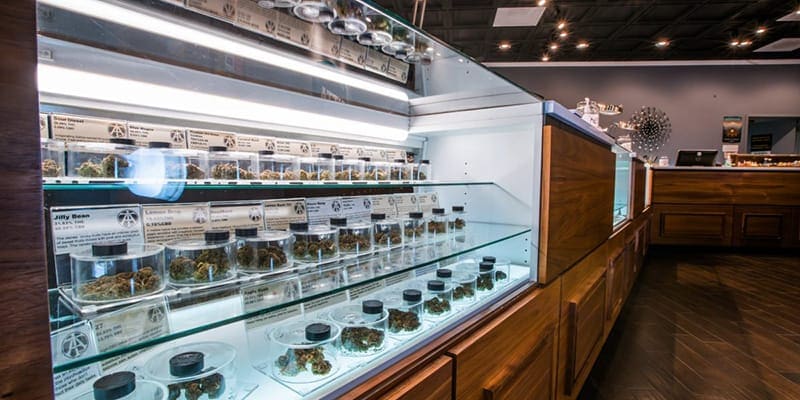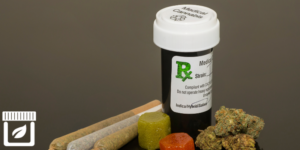Effect from Tax Code 280E
With the marijuana industry expected to topple $6 billion dollars by 2020, many are looking to cash in on the green rush. However, a marijuana tax in the federal 280e tax code hovers like a dark cloud over the heads of many entrepreneurs looking to get in the cannabis industry.
280e Tax Code on Marijuana
Section 280e of the federal tax code specifically targets illegal drug traffickers. Marijuana businesses may be legal in the states that have passed laws for medical and recreational use, however, these businesses are still considered illegal to the federal government.
Marijuana businesses in the United States are paying an effective tax rate of 60-90% under the IRS 280e tax code. This Marijuana tax especially hurts businesses that deal with actual marijuana. These Marijuana businesses are only able to write off the “cost of goods sold” on their taxes. This includes dispensary owners, growers, and product manufacturers alike.
Marijuana Cultivators are affected the least by the 280e tax code since a majority of their expenses only include electricity, soil, paying trimmers, and other necessities that can be deemed as “cost of goods sold” by the Federal Government.
Marijuana Taxes for Dispensary Owners
Dispensary owners on the other hand, are given a raw deal when it comes to the 280e tax code. Dispensary owners are unable to deduct ordinary expenses such as security, rent, advertising, insurance, and even payroll expenses.
“It’s been tough. You can only deduct for buying cannabis wholesale. The trick is, we’re not really buying stuff for the shop. We don’t really buy anything except for the Staples run, or the Smart & Final run. The idea is to keep all non–bud-related expenses to a minimum.”
– Oliver Summers, who operates a mom-and-pop dispensary in Sun Valley.
History of the IRS 280e Tax Code
The 280e Marijuana Tax stems from a 1982 court case in which Jeffrey Edmondson, a “self-employed” meth, cocaine, and pot dealer, claimed that he had a right to make tax deductions for “ordinary and necessary” business expenses. Congress thought otherwise and enacted the 280e tax code so that other drug traffickers would not be able to deduct ordinary expenses if they were trafficking an illegal narcotic.
Marijuana dispensaries operating legally under state law can hardly be considered “traffickers”, but federal law still applies as if they are. For some, the 280e tax code is a deterrent for entering the legal cannabis industry, since it ultimately decreases or in some cases completely wipes out potential profits
280e Tax Reform & the Marijuana Industry
Since tax code 280e applies to both Schedule I and Schedule II drugs, marijuana would have to be moved to schedule III in order for the 280e tax to not apply for cannabis businesses. It is likely that we will not see 280e tax reform in our lifetime.
Up until now, the 280e tax code has done little to slow down the marijuana industry. Sales will continue to grow, and the industry will undoubtedly grow exponentially in the coming years. Only time will tell how things will play out for the cannabis industry and its tax laws.
If you are self-employed or a marijuana business owner, 420 Stock can help you save on some of the expense. Shop our online Cannabis Packaging Store today for a variety of weed packaging options including custom packaging to brand your business. We additionally offer a large inventory of other cannabis industry products from compliant labels to pre-roll machines.













